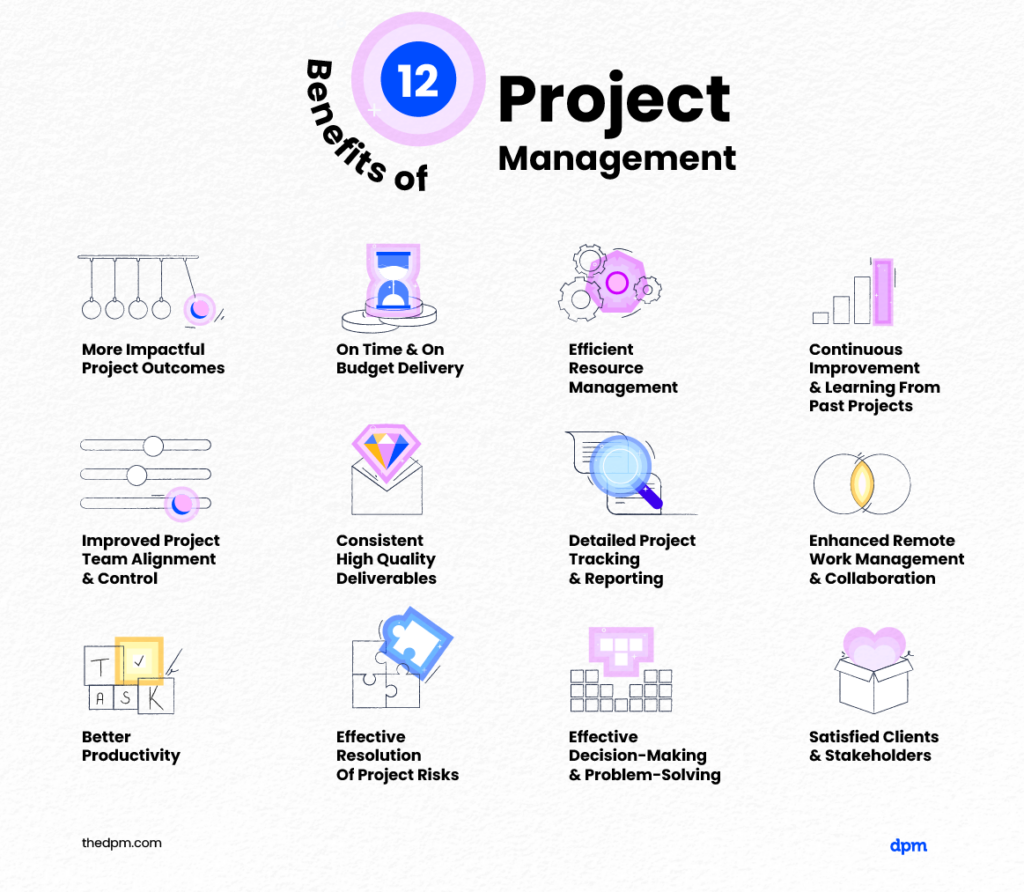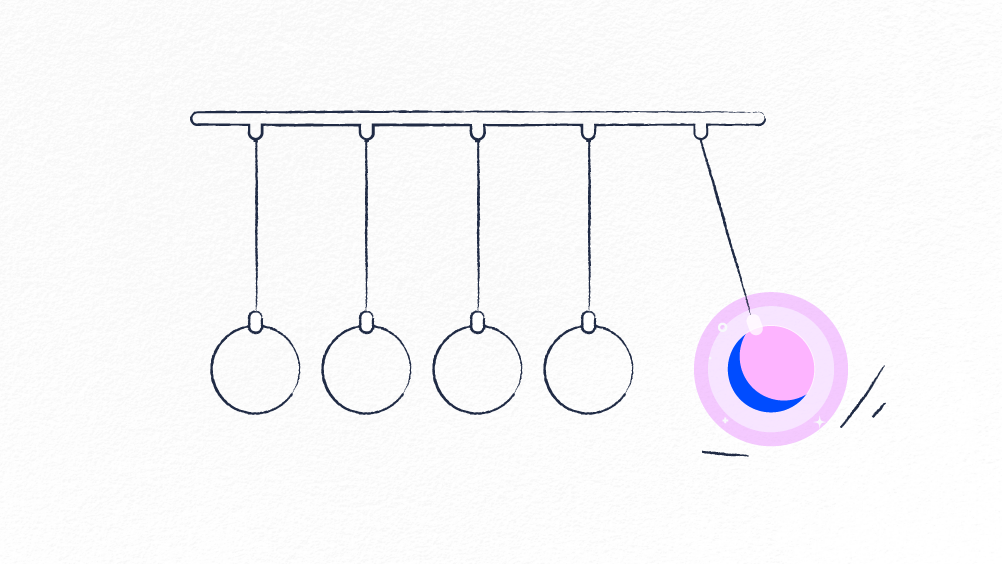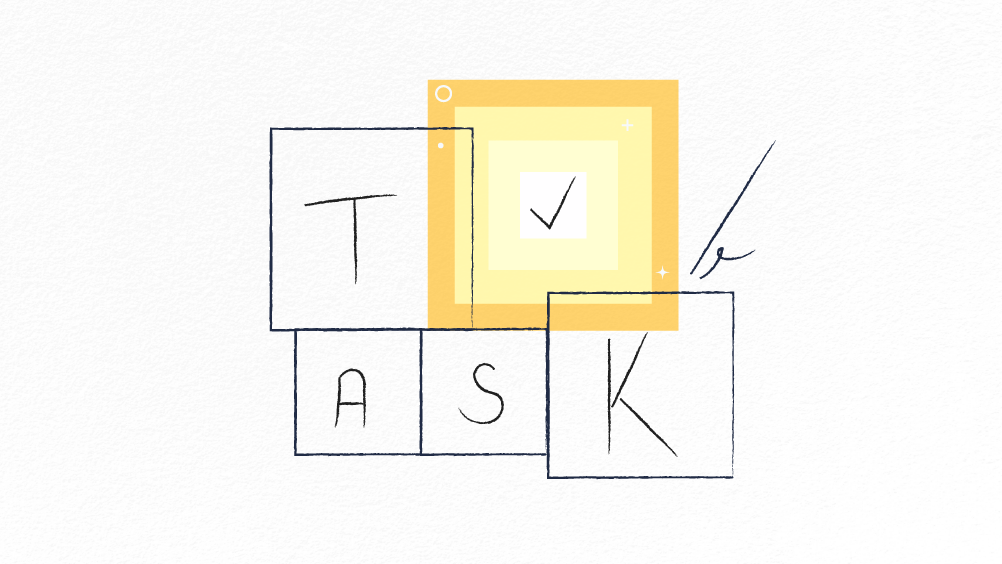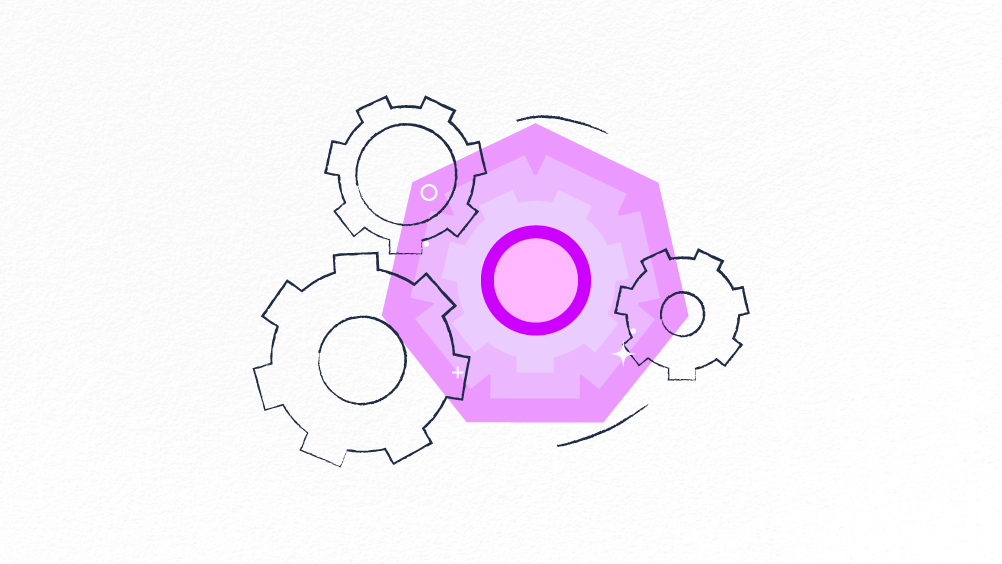Why is project management important? It unites clients and teams, creates a vision for a successful project, and gets all the stakeholders on the same page.
To clients, project management seems like an unnecessary tax because they think project managers get in the way of what they want to do! It can be expensive, but you can't afford to skip project management. Without it, what holds the team together? Who is left to navigate through the ups and downs of projects?co
Why Is Project Management Important?
Project management is important because it ensures projects get delivered on time, on budget, and within the agreed-upon scope. It not only saves time and money, but it also helps produce high-quality deliverables that achieve the intended outcomes for a project.
Project management's importance lies in aligning projects with the business strategy and resource capacity, defining clear objectives, creating realistic project plans, managing resources, maintaining quality, mitigating risk, creating and following processes, overseeing progress, and managing stakeholders.
Find out more about what a project is here.
12 Benefits Of Project Management

Here are 12 benefits and outcomes that strong project management and good project managers can deliver for projects and stakeholders:
- More Impactful Project Outcomes
- Improved Project Team Alignment & Control
- Better Productivity
- On Time & On Budget Delivery
- Consistent High Quality Deliverables
- Effective Resolution Of Project Risks
- Efficient Resource Management
- Detailed Project Tracking & Reporting
- Effective Decision-Making & Problem-Solving
- Continuous Improvement & Learning From Past Projects
- Enhanced Remote Work Management & Collaboration
- Satisfied Clients & Stakeholders
1. More Impactful Project Outcomes

Project management is important because it ensures strategic alignment—that what is being delivered is right and will deliver real value against the business opportunity.
Clients have strategic goals and their projects advance those goals. Orgs use project management to ensure projects are architected to fit into client’s strategic frameworks and that the goals of projects closely align with the strategic goals of the business.
Project managers identify solid business cases and calculate ROI, which ensure the project's outcome will make a positive impact and deliver real value. Project management matters because projects that veer off course or fail to adapt to business needs end up being expensive and unnecessary.
2. Improved Project Team Alignment & Control

Project management is important because it brings strong leadership and direction to projects.
Leadership from the project manager allows and enables team members to do their best work. Project managers motivate and coach team members, remove roadblocks for them, and inspire them to do their best work.
Project managers serve the team but also ensure accountability. With a project manager in place, there’s no confusion about who’s in charge and in control of whatever’s going on in a project (especially if you’re using a RACI chart or similar project management tool).
Project managers enforce processes and keep everyone on the team in line because ultimately they carry responsibility for whether the project fails or succeeds.
3. Better Productivity

Project management is important because it ensures there’s a proper plan that outlines a clear focus and objectives to allow the team to execute on strategic goals.
Without project management, teams are left without proper briefs or a defined project management methodology. Projects and initiatives lack focus, have vague objectives, and leave the team unsure of what they’re doing and why.
Project managers drive accomplishment of project activities by breaking up a project into smaller chunks of work, usually using project management software. This enables teams to remain focused, gear their efforts towards achieving the project goal, and get their tasks completed on time.
Without an orderly, easily understood process or project management method (such as agile, waterfall, Kanban, or Scrum), companies risk project failure and attrition of trust in their business.
4. On Time & On Budget Delivery

Project management is important because it allows for a realistic project plan that sets proper expectations around what can be delivered, by when, and for how much.
Without a solid project plan, projects often end up with timelines that are over-ambitious or lacking in analogous estimating insight from similar projects. This leads to late and over-budget projects.
Effective project managers can negotiate reasonable and achievable deadlines and milestones across key stakeholders, teams, and management. They analyze and balance resources with the project timeline to develop a realistic schedule, and create a clear process with deadlines that are achievable for the team.
This is typically done using project scheduling software.
5. Consistent High Quality Deliverables

Project management is important because it provides quality control to ensure that every deliverable consistently hits the mark.
Projects are usually under enormous pressure to be completed. Without a dedicated project manager who has the support and buy-in of executive management, tasks are underestimated, schedules tightened, and processes rushed. The result is bad output because there’s no quality management plan in place.
Project managers ensure that projects have the time and resource allocation to deliver and that the output is quality tested at every stage. Good project management allows for a staggered and phased process, creating time for teams to examine and test their outputs at every step along the way.
Want To Become A Successful Digital Project Manager?
6. Effective Resolution Of Project Risks

Project management is important because it provides risk management to ensure that risks are properly managed and mitigated against.
A robust workflow around the identification, management, and mitigation of risk prevents risks from becoming issues. Dealing with risk is where the value of project management comes into play, especially in complex projects.
Project managers have the know how to analyze potential risks, quantify them, and develop a contingency plan should they materialize. It requires knowing the right questions to ask to uncover risks early. Risks are prioritized according to likelihood, and appropriate responses are allocated per risk (using a dedicated risk management software).
7. Efficient Resource Management

Project management is important because it provides an orderly process that ensures the right people do the right things at the right time throughout the project life cycle.
Project managers create proper processes which clarify who’s doing what, when, and how through a process called resource allocation (typically using resource management software).
Without a clear resource management plan, teams fracture, tasks duplicate, and planning becomes reactive, which creates frustration amongst the team. This reactivity pushes the project into survival mode. Project managers prevent this from happening by matching tasks to team members skills and abilities and reallocating when a conflict arises.
8. Detailed Project Tracking & Reporting

Project management is important because it allows for continuous oversight into the project’s progress is tracked through regular status reporting.
Status reporting might sound unnecessary—if everything’s going to plan, it can just feel like documentation for documentation’s sake. Continuous project oversight is critical to ensuring that a project stays on track, and makes it easy to see when a project is beginning to deviate from its course. The earlier you’re able to spot deviation, the easier it is to correct.
Typically, status reports provide insights into the work that was completed and planned; the hours utilized and how they track against those planned; how the project is tracking against milestones; risks, assumptions, issues and dependencies; and any outputs of the project.
Project managers tend to use reporting tools that ease data collection and organization.
9. Effective Decision-Making & Problem-Solving

Project management is important because project managers have the subject matter expertise to understand if everyone’s doing what they should.
With a few years of experience under their belt, project managers will build project management skills and subject matter expertise; they’ll know everything about the work that their teams execute, the platforms and systems they use, the possibilities and limitations, and the kinds of issues that typically occur.
This subject matter expertise means they can have informed conversations with clients, teams, and stakeholders; make informed decisions about the work the team is doing; and help teams troubleshoot when problems arise.
They’re equipped to be the hub of communication, ensuring that as the project flows between teams and phases of the project, nothing gets forgotten about or overlooked.
10. Continuous Improvement & Learning From Past Projects

Project management is important because it enables the team to learn from the successes and failures of the past and document those learnings.
Project managers use retrospectives, lessons learned, or post-project reviews to consider what went well, what didn’t go well, and what to do differently for the next project.
This enables the organization to learn from failures and success. Without this learning, teams will keep making the same mistakes, time and time again. These are great for a project kickoff meeting; they remind the team about failures such as underestimating projects, and successes such as a solid process or keeping timesheet reporting up to date!
11. Enhanced Remote Work Management & Collaboration

Project management is important because it helps to address some of the major challenges that come with remote work.
Communicating, scheduling, and collaboration get difficult when the team is working remotely. Serendipitous conversations leading to new ideas don’t happen, and accountability levels might drop.
This is all part of a project manager’s job description—setting up lines of communication, baking teamwork into the process, sending out agendas, keeping team members engaged by incorporating chit-chat into meetings, and treating the team as humans, rather than just resources.
Without someone managing projects, there's no one to lead the charge on fostering collaboration and encouraging team members to get to know each other (through the aforementioned chit-chat).
Project managers might also implement collaboration tools to help ease communication and remove some of the blockers that remote work presents.
12. Satisfied Clients & Stakeholders

Project management is important because it helps project teams manage difficult clients and set expectations with stakeholders through proven client management practices.
Project managers are the point of contact with clients and stakeholders, and are responsible for managing expectations about the project scope and timeline.
They should speak the client’s language and the team’s language when it comes to whether a certain request is feasible, out of scope, or within the originally planned project cost. Project tracking software allows project managers to come to these conversations informed about the state of the project.
They’re also there to protect the team. You wouldn’t put your developer in front of an angry client to explain why a feature isn’t possible. Project managers have the communication and conflict resolution skills to find a solution that works for the team and the client, ultimately providing customer satisfaction.
Project Management Importance Case Study: Aura
Without project management, teams and clients are exposed to chaotic management, unclear project objectives, a lack of resources, unrealistic planning, high risk, poor quality project deliverables, projects going over budget, and projects delivered late.
Here’s an example of this from Sarah M. Hoban, a Senior Director in the program management office at Aura. “In a prior role, I worked as a program manager for a marketing team,” she says, “One of the biggest benefits I brought to the table was my knowledge of cross-functional teams' strategic goals, work plans, and processes.”
She advocated for team members and freed up their time by taking on coordination and alignment between the team and the rest of the organization. “Marketing could in turn adapt their processes and priorities to reflect other teams’ interests, making the organization more efficient,” she says.
Hoban continues: “Could we have accomplished this without a program manager? Sure, but it would have required someone from marketing to assume this role voluntarily, on top of their day job, and lacking the program management expertise and experience to see it accomplished to a high standard of quality. With a program manager in place, other teams had a central point of contact and began working with marketing proactively, so the team was no longer having to scramble to accommodate last-minute requests from engineering or product.”
Project management creates and enables happy, motivated teams who know their work matters, so do their best work. And that project management enabled team ensures the right stuff is delivered—stuff that delivers real return on investment and that makes happy clients.
The Importance Of Great Project Managers
In the digital project space, many project managers are dropped into the role without any formal training or taking a project management course—and in a lot of cases, their job title is something other than 'project manager.'
But as we outlined above, their roles are critical to the success of a project and the organization as a whole. Without them, there's no one to implement a clear process; drive communication; or prioritize tasks, deliverables, and resources.
The first step is to recognize who is already managing projects in your organization, and whether they have the right soft skills—things like communication, organization, and stakeholder relations.
Hard skills (often learned on the job or through formal training) in things like the project planning phase, project execution, risk management, and project scheduling will ensure the project manager is capable of doing the work that often goes unnoticed, even though it’s critical.
Training, and a project management certification that proves that training, such as the PMP from the Project Management Institute (PMI) or PRINCE2, is a way to ensure PMs have the right project management strategies and skills to deliver on the benefits of project management described above.
But if you want to get your entire project management team aligned on values and skills that amplify the positive impact your projects have on your business, The Digital Project Manager offers training for project management teams working in agencies and other organizations. The program is self-paced and results in a Certification in Digital Project Management.


